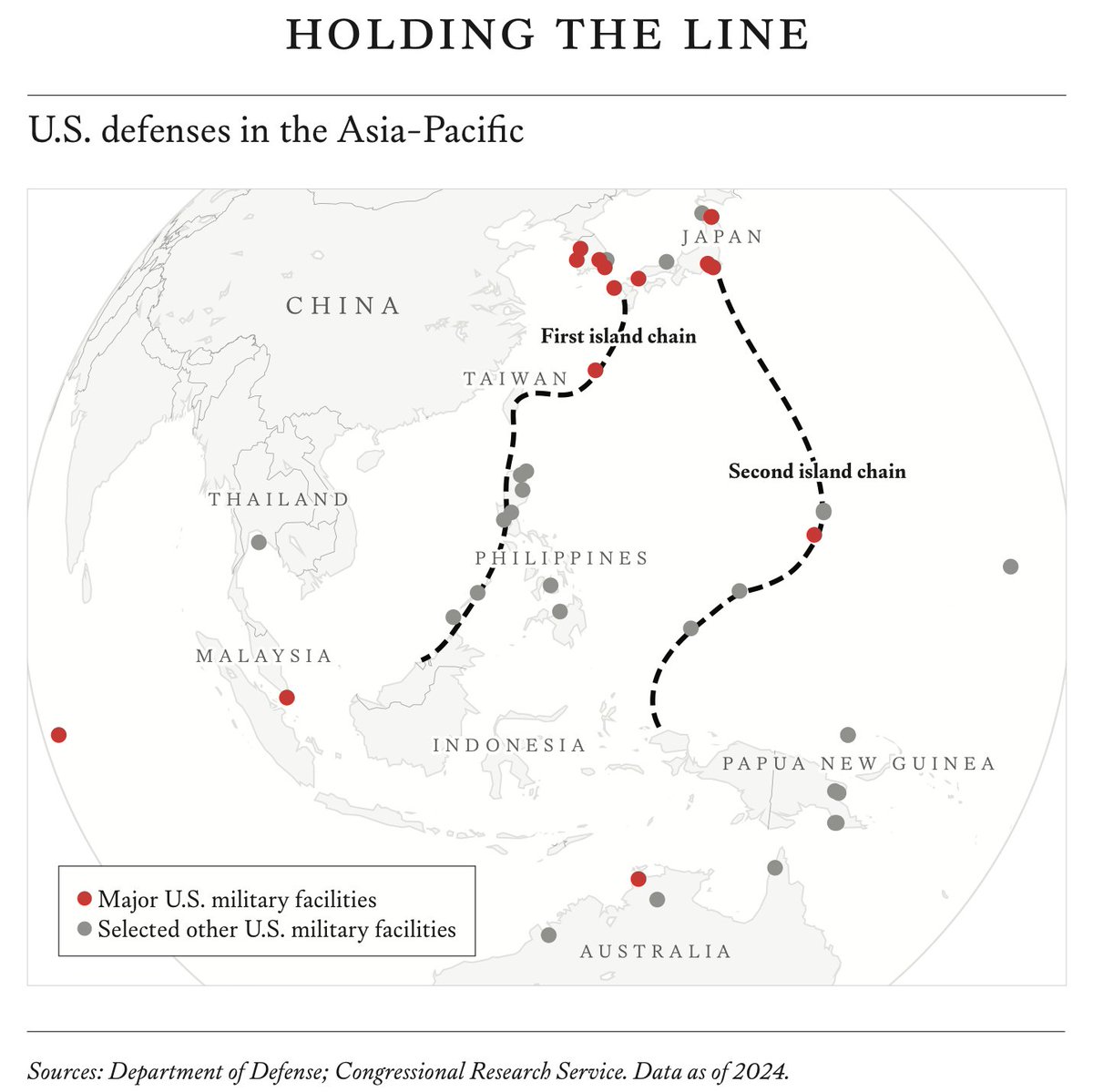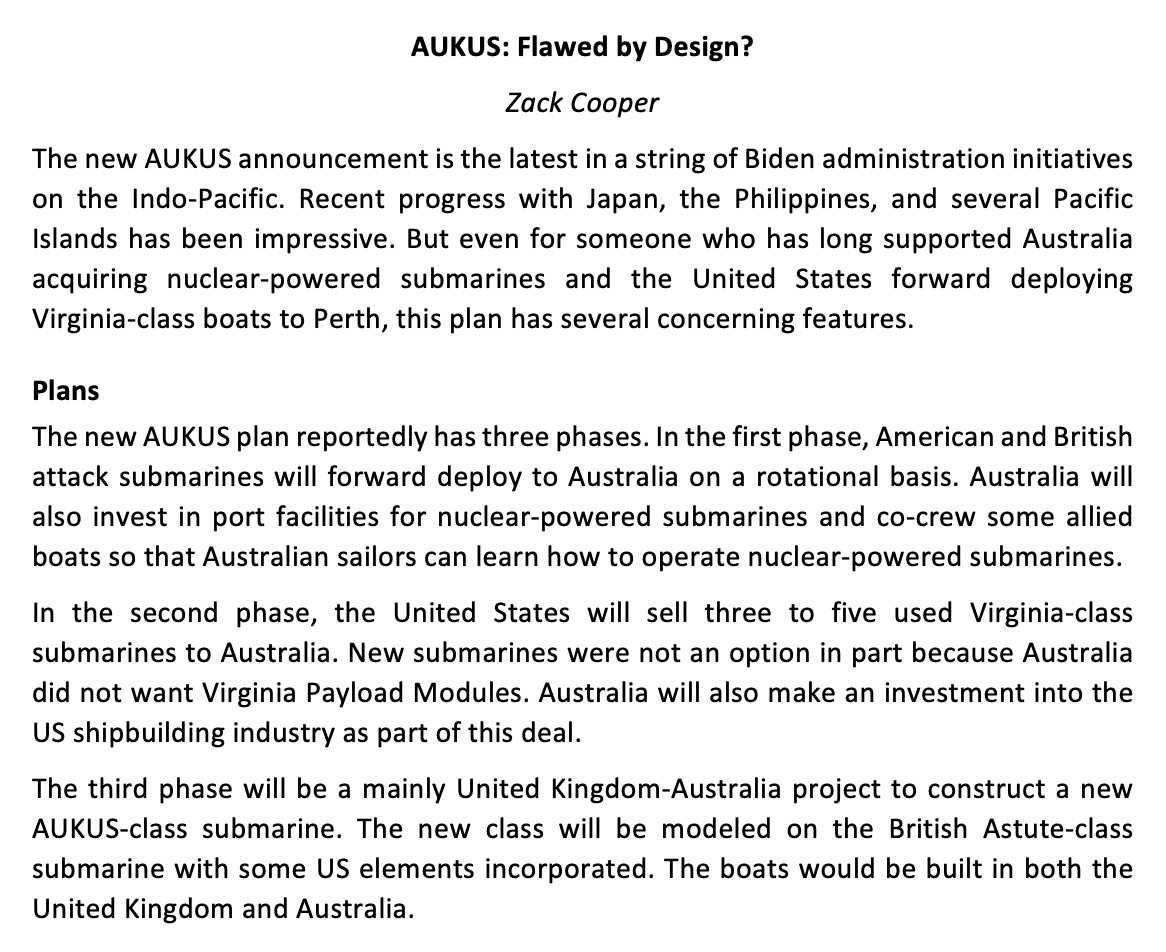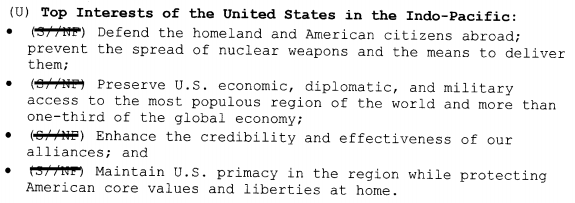
Tweets on Asian security. Senior Fellow @AEI. Lecturer @PrincetonSPIA. Board Chair @OpenTech. Wrangler of children. Former Pentagon and White House staffer.
2 subscribers
How to get URL link on X (Twitter) App




 2) Language on allies is a big shift:
2) Language on allies is a big shift:



 When it was announced, the rebalance included 3 pillars across 4 sub-regions:
When it was announced, the rebalance included 3 pillars across 4 sub-regions:
 Overall SecDef exceeded expectations by giving a speech that was more traditional than revolutionary.
Overall SecDef exceeded expectations by giving a speech that was more traditional than revolutionary.


 Let me be clear: I am a card carrying AUKUS supporter.
Let me be clear: I am a card carrying AUKUS supporter.




 (2/8) Whereas a decade ago many countries looked to the United States for security and China for economic growth, neither appears to be a sure bet today.
(2/8) Whereas a decade ago many countries looked to the United States for security and China for economic growth, neither appears to be a sure bet today.


 We argue that these four logics vary along two dimensions:
We argue that these four logics vary along two dimensions:

 The U.S. and South Korea are increasingly aligned in their desire to cooperate together off the Peninsula.
The U.S. and South Korea are increasingly aligned in their desire to cooperate together off the Peninsula.

 1) The strategy focuses on the region's top issues
1) The strategy focuses on the region's top issues






 For many years, U.S. policy was premised on the goal of convincing China to become a “responsible stakeholder” – to “work with us to sustain the international system that has enabled its success.”
For many years, U.S. policy was premised on the goal of convincing China to become a “responsible stakeholder” – to “work with us to sustain the international system that has enabled its success.”




 2) Human rights and democracy are low priorities. The strategy explicitly seeks "primacy in the region while protecting American core values and liberties AT HOME."
2) Human rights and democracy are low priorities. The strategy explicitly seeks "primacy in the region while protecting American core values and liberties AT HOME."

